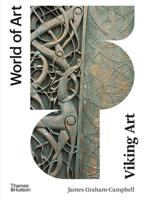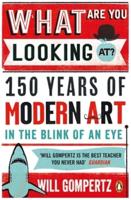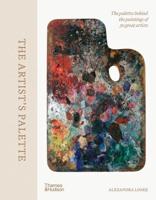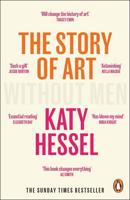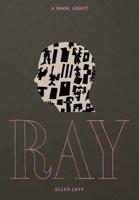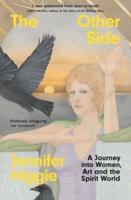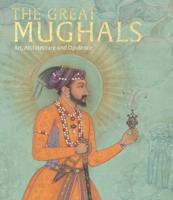Publisher's Synopsis
Born in Warsaw in 1911 into a working-class Jewish family, Josef Herman arrived in Britain (via Belgium) in 1940, settling first in Glasgow and then in the South Welsh mining village of Ystradgynlais. By the early 1950s, known mainly for his images of Welsh miners, he had established himself as a major figure in contemporary British art and his work featured prominently in the 1951 Festival of Britain. By the end of the decade, examples of his work had entered virtually every important public collection in the UK. Further public recognition came in 1981, when he was awarded an OBE, and in 1990, when he was elected a Royal Academician.Herman was no follower of fashion, however, and throughout his long life remained true to his conviction that art and morality should never be far apart, that technique, though important, should always be subservient to subject-matter, and that working men and women - whether in Poland, Wales, Burgundy, Suffolk or Mexico - embody a profound and universal human archetype. This monograph is the first book to look at all aspects and phases of Herman's career in equal detail, and to place his life and work in a broader cultural context. Generously illustrated, it includes images both familiar and unfamiliar, some of them - as the result of the author's extensive researches - reproduced for the very first time. It aims both to introduce this important artist to a new public, and to reveal a creative spirit of far greater diversity and complexity than even Herman's longstanding admirers will have suspected.

